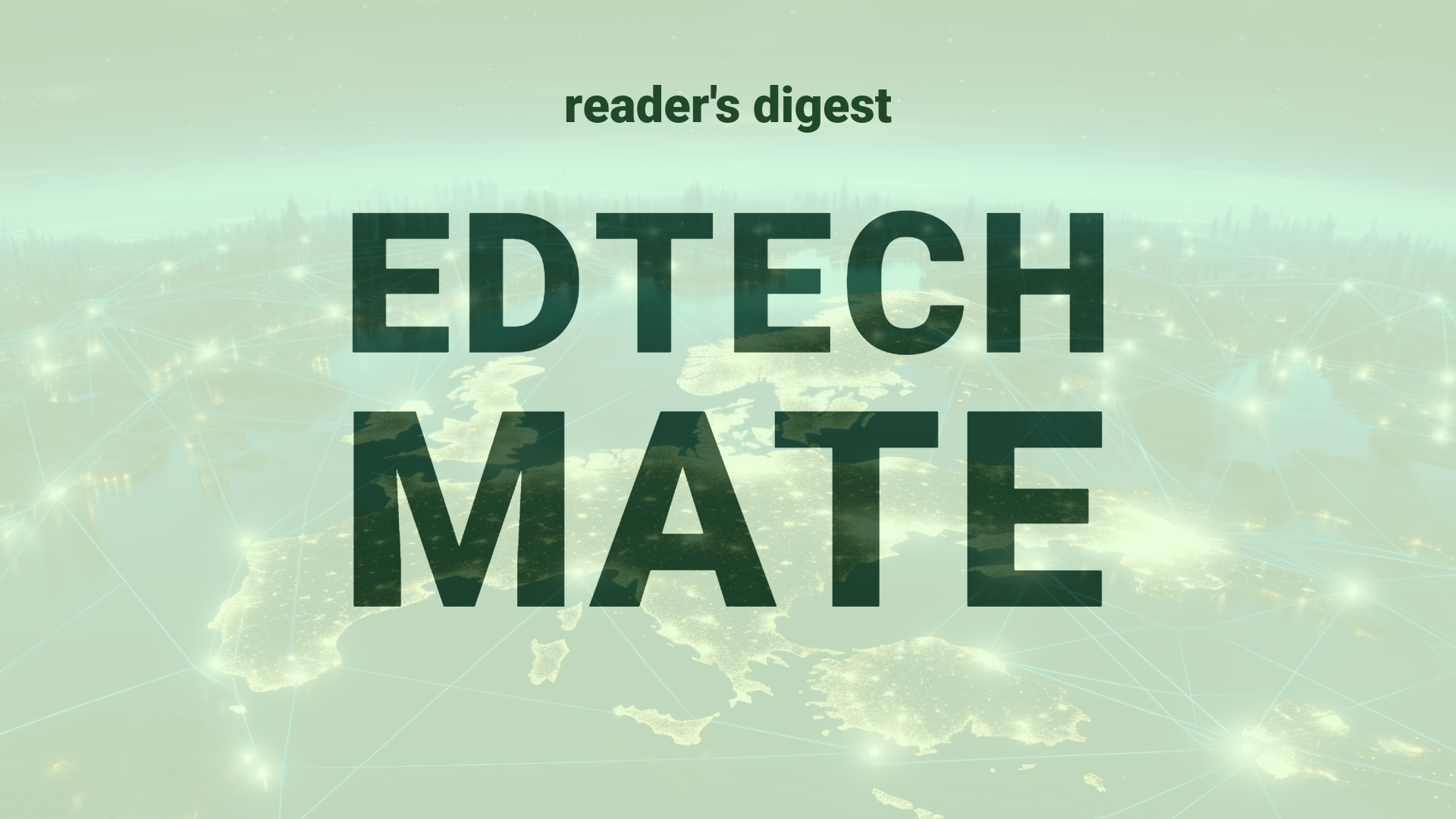Executive Summary and Main Points
Within the sphere of global higher education and digital transformation, several key innovations and trends have been identified through a gathering of experts on “Coffee with Digital Trailblazers.” Central to the discussion was the concept of the “productivity dip” in change management, serving as a reference model to differentiate between successful and problematic change management programs. Digital Trailblazers are advised to actively minimize the productivity impact and shorten the time to achieve end-state performance objectives. The expertise shared by thought leaders such as Martin Davis, Joanne Friedman, Joe Puglisi, and others contributes to a playbook for managing change effectively amidst digital transformation.
Potential Impact in the Education Sector
Developments in change management practices hold substantial implications for Further Education, Higher Education, and the scope of Micro-credentials. Implementing strategic partnerships and advancing digitalization initiatives are crucial. Effective change management can streamline the integration of digital platforms, support the adoption of online learning modules, and foster collaborations that can enhance institutional agility. In doing so, institutions can offer improved digital solutions that facilitate lifelong learning and micro-credentialing, making education more accessible and relevant in a rapidly evolving workforce.
Potential Applicability in the Education Sector
The application of AI and digital tools can revolutionize change management in the education sector. Machine learning algorithms can predict and mitigate productivity dips, while AI-driven platforms can offer personalized learning experiences and administrative support. Digital tools such as feature flags and canary releases, borrowed from DevOps practices, can be adapted to progressively introduce new learning technologies, allowing academic institutions to adjust and refine these innovations based on real-time user feedback.
Criticism and Potential Shortfalls
While the enthusiasm for digital transformation in education is high, potential shortfalls cannot be ignored. Adoption at scale is often challenged by a lack of infrastructure, cultural resistance, or differences in international education systems. Without careful consideration of these factors, change initiatives may exacerbate inequalities or fail to deliver anticipated benefits. Moreover, ethical implications such as data privacy, consent, and the digital divide must be scrutinized to ensure equitable and inclusive advancements in education technology.
Actionable Recommendations
For international education leadership, actionable recommendations include:
– Prioritizing investments in training and professional development for educators and administrative staff in change management related to digital transformation.
– Translating the concept of incremental releases from software development to educational content updates and platform enhancements to maintain pace with technological advancements.
– Upper management should actively articulate the necessity of change management in business terms, focusing on cost-saving, risk mitigation, and brand reputation.
– Engaging stakeholders through active listening, feedback loops, and participation in agile programs to build consensus and address concerns.
– Adopting a pragmatic approach to expectations and avoiding overhyped projections to align strategy with practical implementation capabilities.
In summary, these recommendations aim to equip institutions with the tools and mindset necessary for embracing digital transformation while navigating the multifaceted landscape of change management in higher education
Source article: https://blogs.starcio.com/2024/02/change-management-digital-transformation.html

